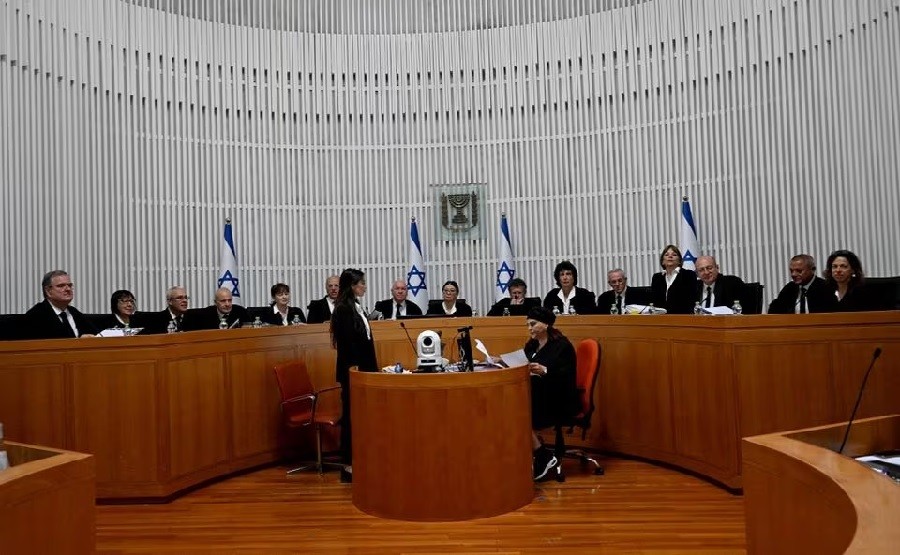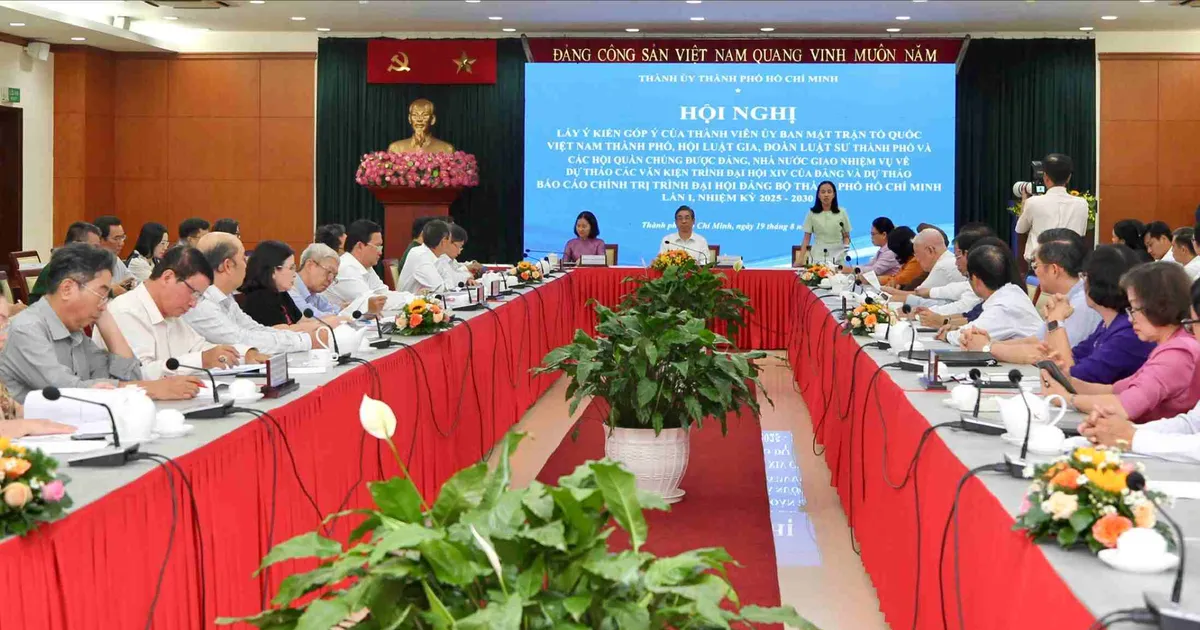Reuters reported that on January 1, the Supreme Court of Israel (TATC) rejected the amended Basic Law proposed by the government and passed by the Knesset .
 |
| Eight of the 15 judges of the Israeli Supreme Court unanimously rejected the government's proposed amendment to the Basic Law. (Source: Reuters) |
The decision was supported by eight of the 15 judges.
Accordingly, the TATC ruled "invalid" the amended Basic Law proposed by Mr. Netanyahu's government and passed by the Knesset in July 2023. This law limits the TATC's power to invalidate government decisions that it finds unreasonable.
The reason given by the TATC is that the amendment omitted an important provision that allows the court to reject decisions of the executive and legislative branches if they are deemed "unreasonable" or have not been carefully considered.
In addition, most judges also agreed to maintain the Supreme Court’s judicial review of draft amendments to the Basic Law. Since Israel does not have a constitution, the Supreme Court’s power to intervene in legislative and executive decisions has long been considered the final sticking point.
The proposed amendments are a key component of a judicial reform package introduced by Prime Minister Benjamin Netanyahu's coalition government shortly after taking office.
This reform package has created a wave of protests that have been going on since the beginning of 2023 and only stopped after October 7, when the Hamas Islamist movement attacked Israel.
Responding to the ruling from the Supreme Court, Netanyahu's Likud party issued a statement saying that this decision "goes against the people's will to unite, especially in the context of war."
Israeli Justice Minister Yariv Levin, an ally of Prime Minister Netanyahu and the architect of the judicial reform plan, criticized the decision of the Supreme People's Court, commenting that the ruling represents "the opposite of the spirit of unity needed for soldiers to win on the front line."
However, asserting that the ruling "will not discourage us", Mr. Levin made it clear: "As the campaign continues on different fronts, we will continue to act with restraint and responsibility."
Meanwhile, opposition leader and former Prime Minister Yair Lapid said, "The TATC's decision has ended a difficult year of conflict, dividing the country from within and leading to the worst tragedy in history."
The ruling by the Supreme Court is not final, however. In theory, the Israeli government could re-submit the revised Basic Law, given that it was narrowly rejected in court, and that two of the judges involved have retired (though they retain voting rights).
The government may even refuse to comply on the grounds that the ruling was based on “reasonableness” – an often controversial issue.
In both cases, failure to comply with the ruling of the Supreme People's Court will cause serious consequences, even a constitutional crisis, especially in the context of Israel facing a difficult war in the Gaza Strip.
Source



























![[Photo] An Phu intersection project connecting Ho Chi Minh City-Long Thanh-Dau Giay expressway behind schedule](https://vstatic.vietnam.vn/vietnam/resource/IMAGE/2025/8/21/1ad80e9dd8944150bb72e6c49ecc7e08)




































![[Photo] Politburo works with the Standing Committee of Hanoi Party Committee and Ho Chi Minh City Party Committee](https://vstatic.vietnam.vn/vietnam/resource/IMAGE/2025/8/21/4f3460337a6045e7847d50d38704355d)

































Comment (0)